Top Class Actions’s website and social media posts use affiliate links. If you make a purchase using such links, we may receive a commission, but it will not result in any additional charges to you. Please review our Affiliate Link Disclosure for more information.
Walmart customers have filed a class action lawsuit over claims that the retailer’s store brand Spring Valley vitamin E oil is composed mostly of cooking oil.
The Walmart vitamin E oil class action was brought forward by Rochelle Varela, a California customer who says that she purchased a bottle of Spring Valley vitamin E oil at a Walmart store in Los Angeles. She says she paid around $7 for the bottle.
Allegedly, Varela relied on the product’s labeling to make her purchasing decision, believing the product to contain only vitamin E oil. However, after she made her purchase, she says she discovered that the product was only comprised of 20 percent vitamin E oil – the other 80 percent was cooking oil.
The Walmart Spring Valley vitamin E oil class action lawsuit explains that vitamin E oil is used as a cosmetic product. Allegedly, it is associated with a range of benefits, including blocking free radicals, replenishing natural oils, and slowing down the skin’s aging process.
Valera asserts customers seek out vitamin E oil especially for its cosmetic benefits. By providing them with a product that is mostly a cheap, useless, filler oil, Walmart has given its customers a less valuable product, the plaintiff claims.
The Walmart brand Spring Valley vitamin E oil lawsuit argues that Walmart intentionally misled customers into thinking that the product was more valuable than it is.
She explains that many vitamin E oil products that do not contain only vitamin E bear the label “vitamin E oil blend,” “vitamin E oil and other oils,” or similar.
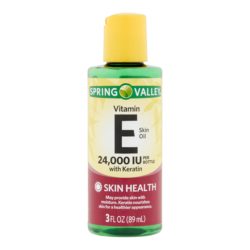
Allegedly, the only way that Walmart discloses the true vitamin E skin oil content to customers on the products’ label is in a way that is not discernible to most consumers.
Valera says that the amount of vitamin E is labeled as “24,000 IU” per bottle.
However, most consumers do not have the knowledge or the time to make sense of this kind of labeling.
Only through college-level calculus and knowledge of how many IU of vitamin E represent 100 percent vitamin E in a three fluid ounce bottle would a customer be able to discover that the bottle contains only 20 percent vitamin E.
The Walmart vitamin E skin oil class action lawsuit stresses that the average consumer spends 13 seconds making a purchasing decision, relying on labeling to make this decision.
According to Valera, Walmart relies on its knowledge that customers make purchasing decisions quickly and while not examining each element of a label carefully, in order to misrepresent its products.
To support the claim that the use of IU in describing the content of vitamin E is misleading, Valera notes that the FDA itself determined that IU is a confusing unit of measurement for consumers. The agency reportedly implemented new requirements that say vitamin E content should be expressed in terms of milligrams, a unit of measurement with which consumers are more familiar.
Varela says that she was financially injured by her purchase of the product, because had she known that it was not 100 percent vitamin E oil as implied by the packaging, she would not have purchased it or would not have paid as much as she did.
She asserts that Walmart intentionally misled her and other customers in an effort to pass off a lower quality product as a high quality, desirable one.
Because of this, Varela seeks damages on behalf of not only herself, but on behalf of all other similarly affected consumers who purchased the products in California in the last four years.
She also seeks an injunction barring the company from continuing to misrepresent its products. Allegedly, without the courts intervention, Walmart will likely continue to misrepresent the vitamin E product and will continue to reap the benefits of doing so.
The Walmart vitamin E oil class action lawsuit argues that Walmart profited unjustly from the sale of the vitamin E oil products, and asks the court to require the retailer to return these profits.
Do you use vitamin E skin oil? How do you choose which product to buy? Share your purchasing decisions in the comments below.
Varela is represented by Ryan J. Clarkson, Shireen M. Clarkson, Matthew T. Theriault, and Bahar Sodaify of Clarkson Law Firm PC.
The Walmart Vitamin E Skin Oil Class Action Lawsuit is Rochelle Varela v. Walmart Inc., Case No. 2:20-cv-04448-PA-KS, in the U.S. District Court for the Central District of California.
ATTORNEY ADVERTISING
Top Class Actions is a Proud Member of the American Bar Association
LEGAL INFORMATION IS NOT LEGAL ADVICE
Top Class Actions Legal Statement
©2008 – 2024 Top Class Actions® LLC
Various Trademarks held by their respective owners
This website is not intended for viewing or usage by European Union citizens.






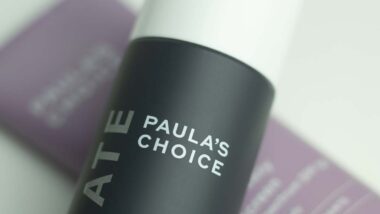

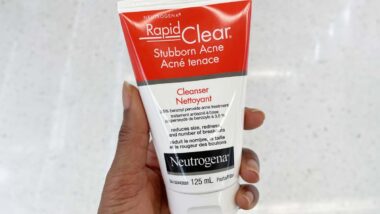
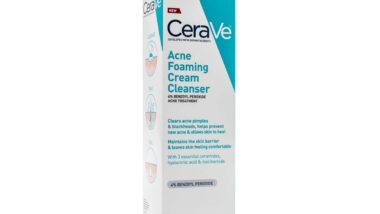


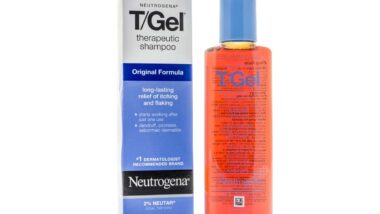



714 thoughts onWalmart Vitamin E Oil Is Mostly Cooking Oil, Class Action Lawsuit Says
I knew it. I swear last time I bought I thought to myself smells like corn oil. Years ago it was better but hasn’t been in 15 yrs.
I’m using it now and have been for over two months, just found out about this, being a lawsuit